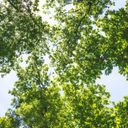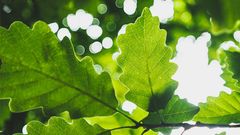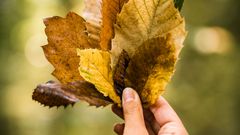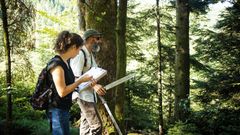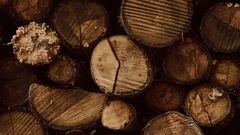About Malicorne-sur-Sarthe
Located south-west of Le Mans, the Malicorne-sur-Sarthe forest is a contiguous woodland covering approximately 70 hectares within a larger complex of several hundred hectares. Its geological base is quite favourable for forest production.
However, the forest soils are relatively poor, except in some elevated areas where the soil is more clayey, particularly along the edge of the pond. These soil characteristics, therefore, favour the production of softwood species, which are better adapted to poor soils than hardwood species. As for rainfall, it is sufficient and well distributed throughout the year.
Our objective is to manage this forest as an irregular high-forest, with stands divided into three main plant associations: Maritime pine, bracken, and common heather, sporadically associated with native broadleaved species: chestnut, downy oak, birch and wild cherry; oak-chestnut woodland associated with bramble; mixed oak woodland with hazel, aspen and occasionally European hornbeam.
Read more Read lessHowever, the forest soils are relatively poor, except in some elevated areas where the soil is more clayey, particularly along the edge of the pond. These soil characteristics, therefore, favour the production of softwood species, which are better adapted to poor soils than hardwood species. As for rainfall, it is sufficient and well distributed throughout the year.
Our objective is to manage this forest as an irregular high-forest, with stands divided into three main plant associations: Maritime pine, bracken, and common heather, sporadically associated with native broadleaved species: chestnut, downy oak, birch and wild cherry; oak-chestnut woodland associated with bramble; mixed oak woodland with hazel, aspen and occasionally European hornbeam.
